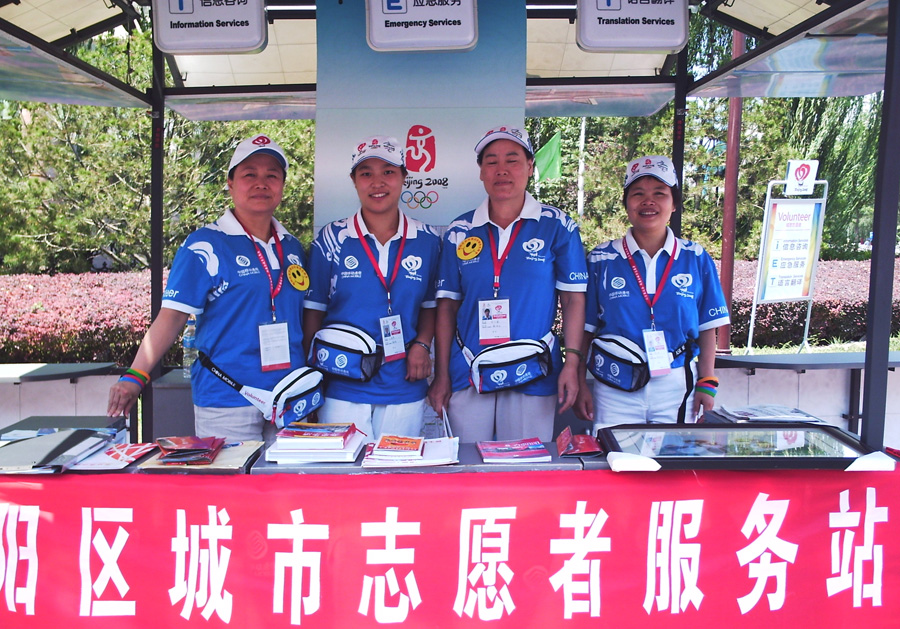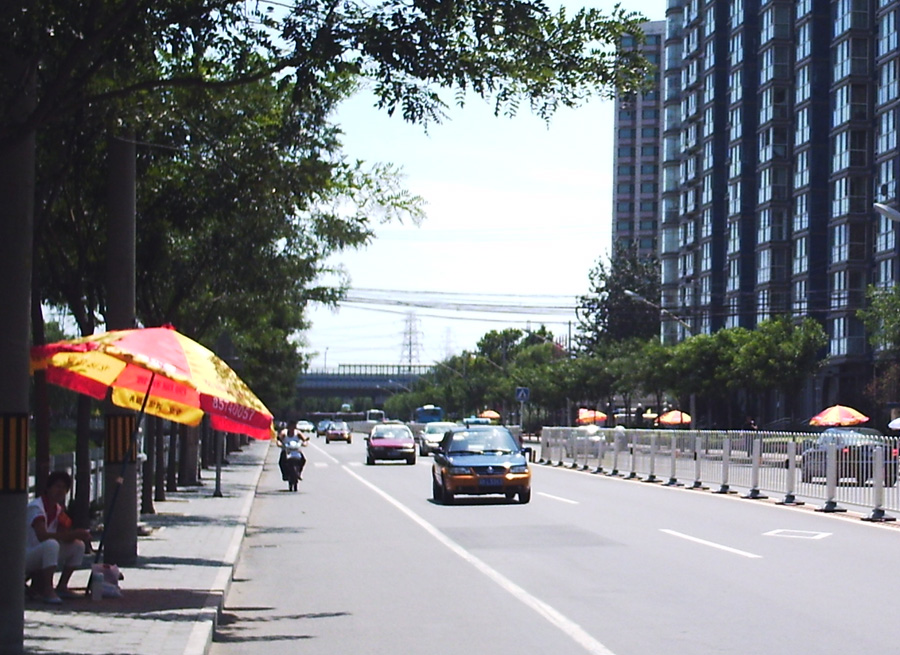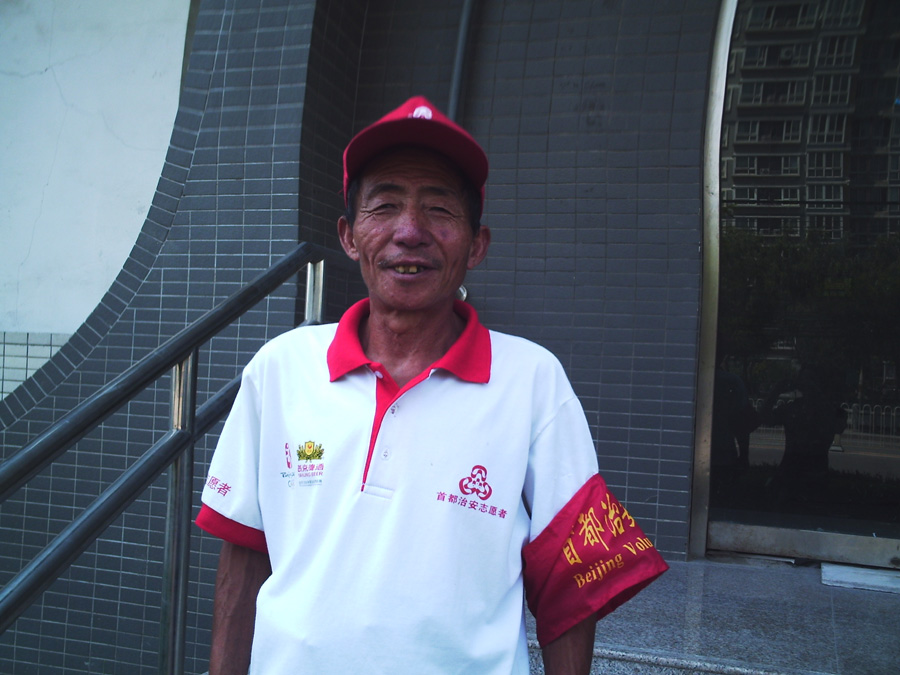Thu 28 Aug 2008
How China and the US both won the Olympics
Posted by + mOdOk + under China news , Currents , Life in Beijing , olympics[4] Comments

I never actually intended to leave Beijing during the Olympics. I can only blame fate for the timing. Back in 2001, I visited Beijing for the second time, the first having been in 1994, and noticed one day that they had started to put up decorations in the streets along the major thoroughfares. I then found out that the IOC was visiting Beijing for a final inspection to see if they would be worthy to host the games. The rest is truly now history. The build up to the games was at times bemusing, often frustrating, but mostly, admittedly, exciting. I had volunteered for the 2002 Winter games in Salt Lake, and had witnessed the transformation of Salt Lake City into something almost cosmopolitan, and enjoyed witnessing the same phenomenon on a hundred times larger scale occurring in Beijing. But, fate conspired to have me in the US during the actual games themselves. Which actually turned out to be a good thing on many levels.
First of all, I don’t watch TV, especially when I’m traveling, so what coverage I got of the games usually happened when visiting others who were watching them, or catching glimpses from the street at coverage in sports bars and the like. The biggest advantage, from my perspective, was that the coverage in the US was all in English and showed fairly balanced coverage of the championships, of course, favoring US competitors. From what I’ve heard, coverage in China was similar but biased toward Chinese participants. Hardly surprising. When I was in Japan, coverage often favored Japanese competitors who were rarely in the medal rounds. I was gratified to accidentally bump into plenty of coverage of Michael Phelp’s amazing Olympic feats, which I’m sure did not receive the same ad infinitum replay treatment in China. I was pleased to see that the announcers were either politically neutral, or even attempting to dispel some popular myths about China and genuinely educate viewers on the complexities of the country. Then things started to get ugly.
About halfway through the games it seemed I couldn’t escape stories about scandals. The fireworks footsteps were a digitally enhanced fake!! The little girl singing at the opening ceremonies was a fake!! There is no way the gold medal gymnasts could be 16!! Fake!! What else did they fake!?!?! The honeymoon was over. Relations between China and the US were back to normal.
The most interesting thing of all was when I returned to China to find out that China had won the games! The rest of the world, at least as far as I know, generally considers the total medal count when scoring the games, which makes sense to me. Otherwise, why not just give out gold medals and nothing else? Olympic records consider getting any medal in many of the records, not just gold. By this tally, the US “won” the Olympics with a total of 110 medals, bettering China’s total of 100. This alone is quite a feat. China has never finished in second place before. At the last games in Athens, China finished third, bettering Russia for the first time ever. Before that China had never finished higher than fourth. It is highly possible that China will finish on top at the London games and forever dominate afterwards. Considering the population and the resources the Chinese government is willing to spend on the producing world class athletes, along with the draconian conditions said athletes are willing to endure, this seems almost inevitable.
In terms of gold medals, however, China overwhelmingly came out on top. So, it is not too surprising to see that if you visit the official Olympic site in China, you will see that China “won” the Olympics. Aside from total medal count scores, coverage of the games have often used a scoring scheme that awards 3 points for a gold, 2 points for a silver, and 1 point for a bronze. By this method the US scored 220 and China 223, a close call match indeed!! So, in two out of three methods, China comes out on top… just not by the most popularly accepted method.
Most disappointing upon my return were the total lack of blue skies my friends in Beijing reported during the games. All I see are the same muggy, grey, dreary skies of old. Sure, the roads are still empty, and will likely stay that way during the Paralympic games, but I really feel I missed something by not being here. I am not holding my breath that any of the measures which magically produced such great weather will actually stick around, though I may feel like doing so as the air clogs up again. Of course, I gained plenty by being back in the US and do not regret the trip in the slightest, but, not for the first time, I wish I could have split myself in two and enjoyed both perspectives.




















